Microsoft Windows Server 2019 Standard
Why Standard Edition?
• Deliver enhancements to core Windows Server functionality. • Enable developers to create cloud native apps and modernize traditional apps using containers and micro-services.
• Increase security and reduce business risk with multiple layers of protection built into the operating system.
Standard Edition Key Features:
• Core Windows Server Functionality.
• Hybrid integration.
• Up to 2x OSEs/Hyper-V Containers.
• Unlimited Windows Server Containers.
• Host Guardian Service.
• Up to 2TB Single Volume Storage Replica.
Datacenter and Standard Edition per-Core Licensing Windows Server 2019 Datacenter and Standard editions are licensed by physical core. Licenses are sold in 2-packs and 16-packs. Full Compliment of Features in Microsoft Server 2019*
Unique Hybrid Capabilities with Azure
Extend your datacentre to Azure to maximise existing investments and gain new hybrid capabilities. The move to the cloud is a journey and often takes a hybrid approach, one that combines on-premises and cloud environments. With its hybrid cloud capabilities, Microsoft takes a future-proof, long-term approach—which is exactly why we see it playing a central role in cloud strategies for the foreseeable future. With Windows Server 2019, you will be able to easily integrate a comprehensive set of Azure services, such as Azure Backup, Azure File Sync, disaster recovery, and much more, without disrupting your applications and infrastructure.
Fully Supports:
• Storage Migration Service: Helps to inventory and migrate data, security, and configurations from legacy systems to Windows Server 2019 and/or Azure.
• Synchronizing File Servers to Azure: Centralize your organization’s file shares in Azure Files while keeping the flexibility, performance, and
Unprecedented Hyper-Converged Infrastructure Evolve your datacenter infrastructure to achieve greater efficiency and security. HCI is one of the latest trends in the server industry. According to IDC, the HCI market grew by 64% in 2016, and Gartner predicts that it will be a S5 billion market by 2019. With its HCI capabilities Microsoft consolidates software-defined computing, storage, and networking into one cluster to provide high-performance, cost-effective, easily scalable virtualization. Microsoft partnered with industry-leading hardware vendors to provide an affordable yet extremely robust HCI solution with validated design. In Windows Server 2019, Microsoft is building on this platform by adding scale, performance, and reliability, as well as the ability to manage HCI deployments to simplify management and day-to-day activities.
Fully Supports:
• Unified Management: Windows Admin Center is an elegant browser-based HCI remote management interface that includes software-defined network configuration and monitoring.
• Storage Spaces: Protect your data from drive failures and extend storage over time as you add drives to your servers.
• Enhanced Storage Spaces Direct (S2D): Build software-defined storage using industry standard servers with local storage that can scale up to 1 PB per storage pool in Windows Server 2016 and 4PB per storage pool and 64TB per volume in Windows Server 2019.
• Mirror-Accelerated Parity: Lets you create volumes that are part mirror and part parity for 2x better performance on storage spaces direct deployments. Writes land first in the mirrored portion and are gradually moved into the parity portion. • Nested Mirror Accelerated Parity: Enables two-node clusters at the edge to survive multiple simultaneous failures.
• Storage Class Memory: Support for new generation of server hardware including storage class memory, which drastically improves performance for server applications. • USB Thumb Drive (as Cluster Witness): Support for USB thumb drive as cluster witness allows true 2 node HCI deployments, with no additional dependencies.
• Storage Replica: Provides storage-agnostic, block-level, and asynchronous and synchronous replication between servers for disaster recovery, and allows stretching of a failover cluster for high availability.
• Storage Quality of Service (QoS): Uses policies to define and monitor storage input/output minimums and maximums for VMs to enable consistent performance across VMs.
• Data Deduplication: Provides volume savings of up to 90% by storing duplicate files on a volume once using logical pointers. Windows Server 2019 add support for deduplication with ReFS volumes.
• Deduplication for ReFS: Data deduplication is now supported on ReFS to optimize free space on a volume by examining the data for duplicated portions.
Minimum System Requirements:
• Brand: Microsoft • Released on: 01-09-2021
• Program type: Windows Server
• Format: Retail License Key
• Compatibility: 32-bit and 64-bit
• Language: EU Multilingual (it is possible to change language settings after installation; additional language packs are also available to be downloaded and installed separately)
Minimum System Requirements:
Licence for: 1 PC
Processor: 1.6 hz
RAM: 4G
HDD: 4 GB










 OPERATING SYSTEM
OPERATING SYSTEM
 Windows 11
Windows 11
 Windows 10
Windows 10
 Windows 8.1
Windows 8.1
 Windows 7
Windows 7
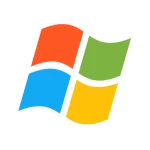 Windows xp
Windows xp
 OFFICE APPLICATION
OFFICE APPLICATION
 Office 365
Office 365
 Office 2021
Office 2021
 Office 2019
Office 2019
 Office 2013
Office 2013
 Office 2010
Office 2010
 Visio 2021
Visio 2021
 Visio 2019
Visio 2019
 Visio 2016
Visio 2016
 Project 2021
Project 2021
 Project 2019
Project 2019
 Project 2016
Project 2016
 WINDOWS SERVER
WINDOWS SERVER
 UTILITY
UTILITY
 Gift Cards
Gift Cards
 Autodesk
Autodesk
 Autocad 2024
Autocad 2024
 Fusion 2024
Fusion 2024
 Revit 2024
Revit 2024
 Navisworks 2024
Navisworks 2024
 Inventor Pro 2024
Inventor Pro 2024
 Video Editor
Video Editor
 PDF Editors
PDF Editors
 SECURITY AND ANTIVIRUS
SECURITY AND ANTIVIRUS
 Mcafee
Mcafee
 Avast
Avast
 Eset
Eset
 Bull Guard
Bull Guard
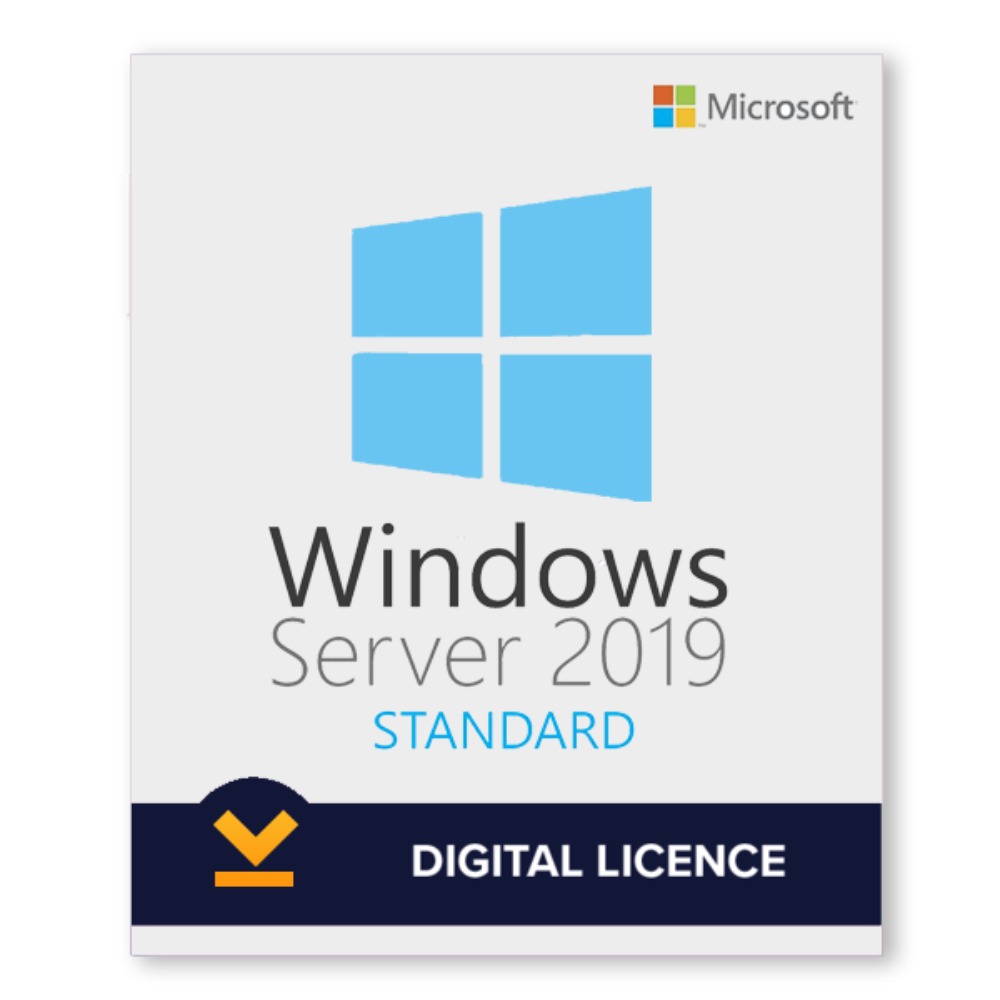
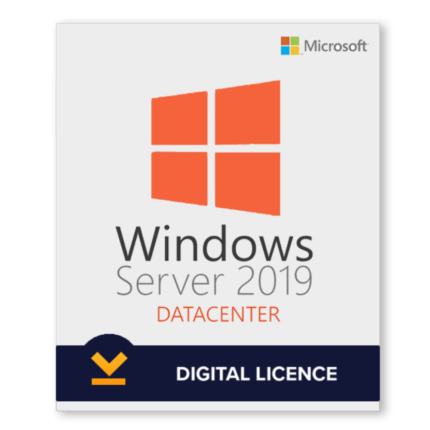
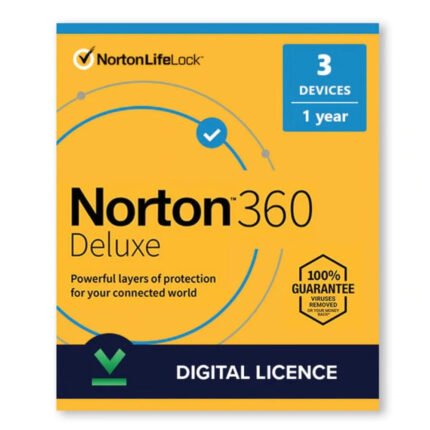
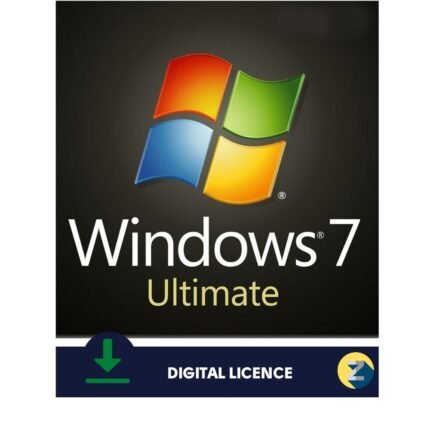


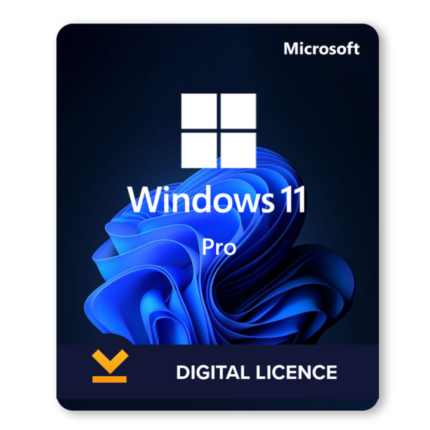
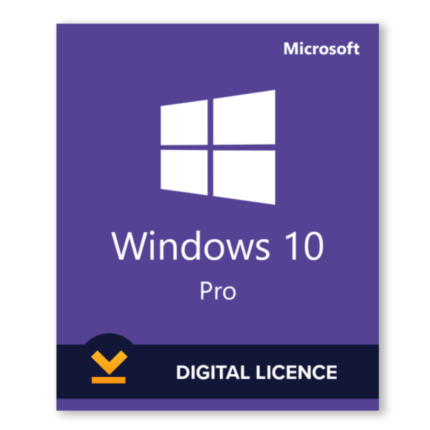



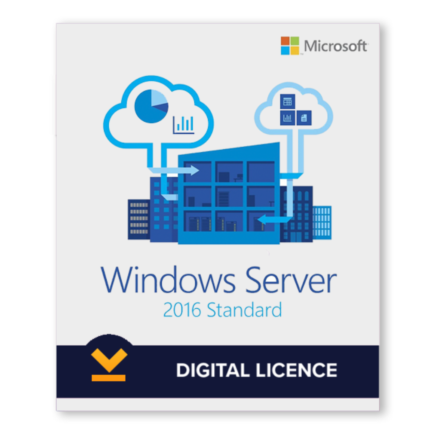


Reviews
There are no reviews yet.